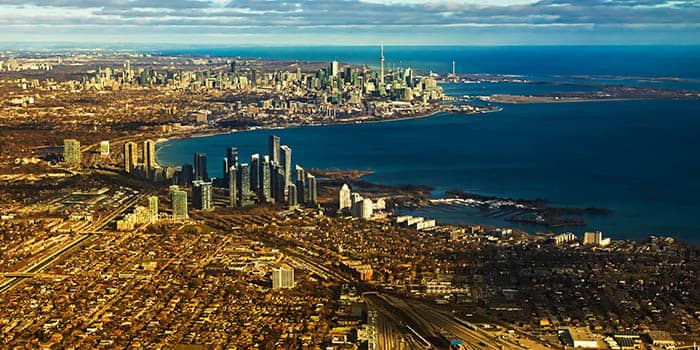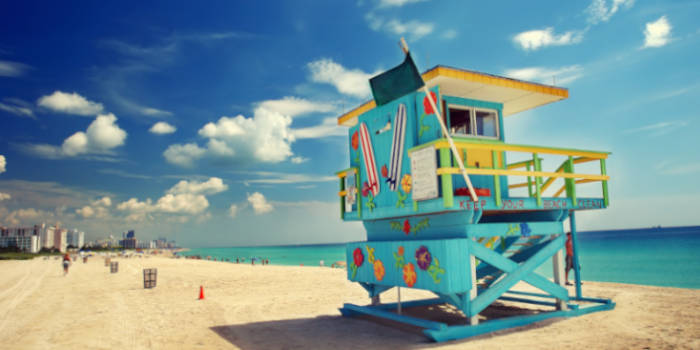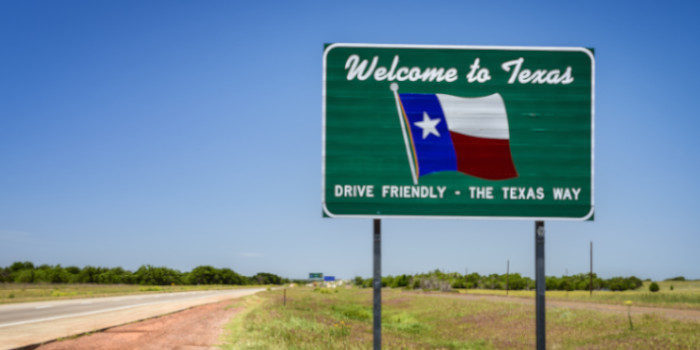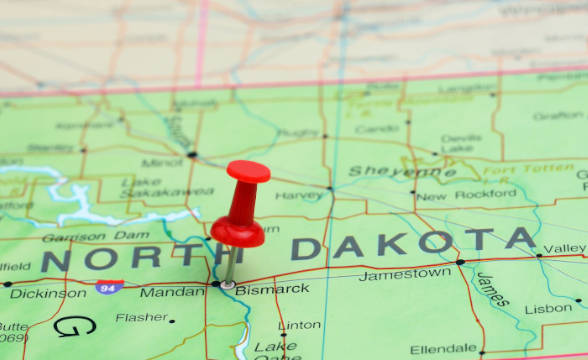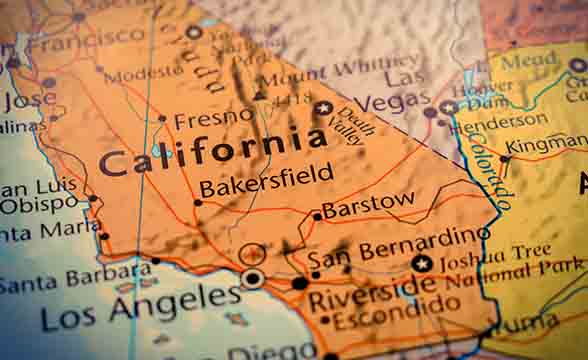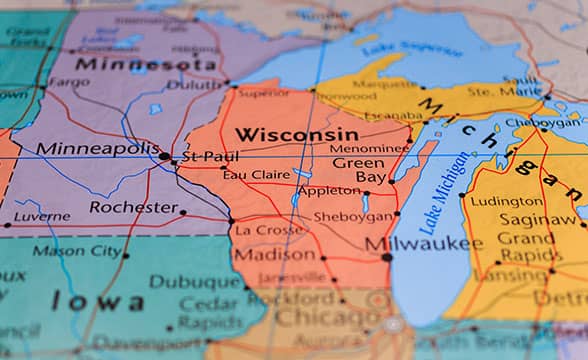New Mexico Tribal Leaders Object to Las Vegas Gambling Expansion

New Mexico tribal operators have protested against a proposed overhaul of the gambling industry that would lead to expansion of what they described “private wealth” at the expense of tribal communities and the state’s purse.
Tribes Say No to Gambling Expansion in New Mexico
Non-tribal racetracks and casinos in New Mexico have been looking to expand the current gambling regulation and introduce a Las Vegas-style legislative framework. Yet, tribal operators have been firmly against.
Native American leaders spoke during a legislative hearing on Monday, October 19, defending their right to hold exclusivity over the state’s gambling operations and arguing against a proposed move that would allow an unlimited number of slot machines, table games, online gaming, and sports betting at non-tribal properties.
Going ahead with the mulled plan, tribal representatives argued, would significantly shift the market and bring more private wealth to commercial operators at the expense of tribal communities and the state’s purse. Tribes generate an estimated $62.8 million in annual revenues and have already seen revenue numbers fall in recent years.
According to tribal leaders, allowing commercial properties to enter the gambling industry in the state would violate the provisions outlined in existing gaming compacts between the state and tribes, and thus hurt the ability to collect revenue.
Sandia Pueblo Gov. Stuart Paisano was more assertive in his surmise of the proposed legislation, arguing that not only did it compromise economic security but it was also only going to benefit the private sector.
The Pueblo Sandia Resort and Casino in Albuquerque has been one of the most important economic engines of the tribe’s economy, and the property has been shuttered since March when the coronavirus outbreak struck. Paisano argued that the impact the lockdown has had on tribal communities is yet to be assessed in full.
He added that allowing commercial properties to roll out an unlimited number of gambling products would handicap tribal ability to provide government services which they have been funding so far under compacts provisions.
Lobbyists and Investors See a Way to Boost and Develop the Industry
According to New Mexico’s Sunland Park Racetrack and Casino lobbyist Scott Scanland, the current deliberations were only a suggestion and an opportunity to discuss what each party would expect from a gambling overhaul.
Scanland argued that by allowing commercial properties to open, New Mexico may appeal to a broader demographic and reap bigger economic benefits. According to him, tribal gaming was already in decline, and a study by legislative analysts indicated that tribes have lost 10% of their annual gambling revenue between 2012 and 2018.
Losses during the outbreak have been pretty steep for the tribal industry across the United States already.
Private investors also see expanding gambling as an opportunity to boost tourism and give a financial jab in the moribund horse racing industry in New Mexico, ensuring its survival and bigger racing purses. Tribes, investors argued, would no longer have to split their revenues with the state to the extent they have been doing now and have fresh money instead to invest in tribal programs they find necessary.
Investors continued by arguing that tribes may be tapping into $70 million in annual funds they can keep for themselves. Another upside is the ability to roll out online gambling which lawmakers and analysts suspect may have been eating into tribal revenues over the past years, as New Mexico doesn’t allow Internet gambling as of right now.
The proposal would seek to lift limits on opening hours and gaming machines and more importantly, it would help with what investors see as declining gambling revenue, and develop it over time. Lawmakers seem split on the issue, as they have argued that more analyses would be necessary to gauge the impacts of the proposal, both good and bad.
A new sixth racino has also been pitched to legislators as a precursor to economic upsurge, but the project has been bogged down in various political and legal issues already. Tribes have all voiced their concerns over changing the current gaming compact system.
Santa Clara Pueblo Gov. J. Michael Chavarria and fellow executives have already sent a letter to New Mexico Gov. Michelle Lujan Grisham protesting against the issue.
Stoyan holds over 8 years of esports and gambling writing experience under his belt and is specifically knowledgeable about developments within the online scene. He is a great asset to the GamblingNews.com team with his niche expertise and continual focus on providing our readers with articles that have a unique spin which differentiates us from the rest.


